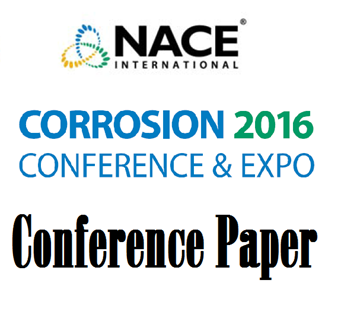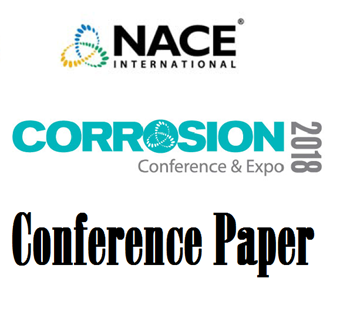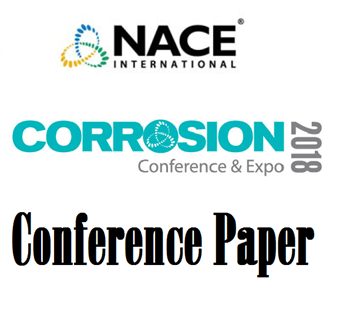Search
51318-11243-Applicability of ASTM G28 testing
Also Purchased
51316-7198-Comments on ASTM G48
Product Number:
51316-7198-SG
ISBN:
7198 2016 CP
Publication Date:
2016
$20.00
51318-11245-Abrasive Blasted Surface Preparation – Does the Pipeline Coating Industry Really Understand it?
Product Number:
51318-11245-SG
Publication Date:
2018
$20.00
51318-11246-Materials Issues In Biomass Gasification
Product Number:
51318-11246-SG
Publication Date:
2018
$20.00
Recently viewed




